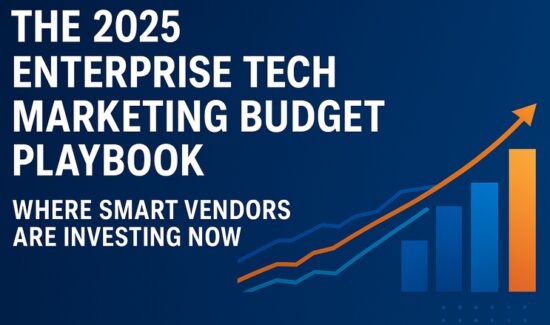Step Aside, Google — It’s LLMs’ Time to Shine

CallTrackingMetrics‘ Todd Fisher offers insights on Google vs. LLMs and why it might be time for the former to step aside. This article originally appeared on Solutions Review’s Insight Jam, an enterprise IT community enabling the human conversation on AI.
Google’s 1998 debut completely reimagined the way people could use the internet. While not the first search engine (World Wide Web Wanderer came out in 1993), Google revolutionized the way people could access information with its groundbreaking PageRank algorithm that showed the most relevant results first. By 2004, it processed over 200 million daily searches, a number that skyrocketed to 3 billion by 2011. As Google searching became ubiquitous, the word “Google” transcended its origins as a brand name and morphed into a verb synonymous with web searching. Today, Google remains the search engine behemoth, holding more than 83% market share as of late 2023.
Though Google remains the gold standard of internet searching, emergent tech may endanger that status. The use of Large Language Models (LLMs) is growing explosively — in February 2024, ChatGPT alone generated over 1.6 billion visits.
LLMs like ChatGPT and Claude pose a significant threat to Google’s search supremacy and business model. These AI-powered tools offer a more streamlined and context-aware way to access information and solve problems, potentially undermining the reliance on traditional keyword searches and web browsing. Recognizing this shift, Google recently implemented AI-powered search summaries that provide concise topic overviews, but those summaries were quickly discovered to be rife with errors and misinformation. Google also debuted its own LLM, called Gemini, last year, but it lags far behind ChatGPT in popularity — between February and April 2024, ChatGPT had almost five times as many visitors as Gemini.
Goodbye Google?
Traditional search engines like Google rely on keywords, which work well for simple queries. However, if you need more than just a list of links, LLMs may be the answer. Unlike keyword-driven engines, LLMs allow you to ask nuanced questions and provide important context. When you pose a complex research question to ChatGPT, you can use full sentences and explain background information. The LLM then analyzes its vast knowledge base to synthesize and summarize the most relevant information to give you an answer.
If you were to explain a technical challenge to a seasoned professional, you’d outline the problem, your tools and your approach, showcasing your understanding and allowing the expert to suggest tailored solutions. LLMs operate similarly. By providing context and details about your task, you unlock a human-like response in seconds that may uncover solutions you might have missed, essentially condensing days of web searches into a concise response.
LLMs represent a remarkable evolution in search capabilities. The quality of their outputs suggests a potential turning point — a move beyond the traditional search engine model to a more conversational future. However, it’s important to remember that LLMs require human oversight. Without careful monitoring, they can deliver inaccurate information or create entirely fabricated responses.
If you’re stuck trying to brainstorm solutions, LLMs also offer a distinct advantage over traditional search engines. While Google excels at finding specific information, LLMs can assist in defining the very problem you’re facing. Their conversational nature allows you to explore different angles and delve deeper into your issue. This interactive process can catalyze innovation you might never have discovered through simple web searches.
Imagine this: You’re at a coffee shop with a colleague and talking about a problem you have. Engaging in conversation can spark unexpected ideas, even if they don’t immediately illuminate a solution. They can, however, move you down the right path for creating a truly effective solution. Interacting with an LLM can provide a similarly collaborative experience that iterates on ideas.
LLMs are shaking up the search landscape. Unlike traditional keyword-driven engines, LLMs grasp user intent and deliver insightful solutions. This powerful technology represents a future of search fueled by a remarkable partnership: the unparalleled processing muscle of LLMs working in tandem with human critical thinking and ethical oversight. This synergy has the potential to revolutionize how we access and utilize the ocean of online information, ushering in a new era of discovery and comprehension.




















